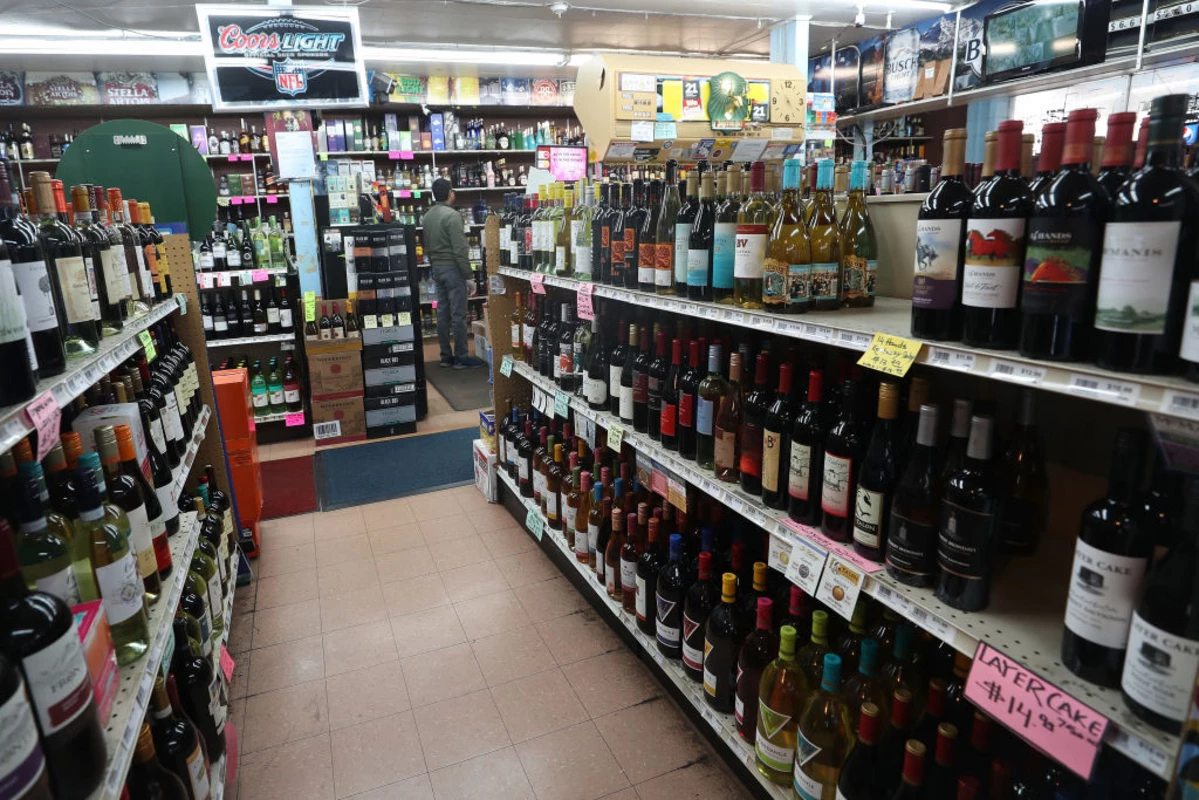Introduction: The Rise of Liquor Delivery Services
In the fast-paced modern world, convenience has become a top priority for consumers. Among the many services evolving to meet this demand, liquor delivery stands out as a particularly noteworthy development. No longer do individuals need to make a trip to the local liquor store; instead, with a few taps on their smartphones, they can have their favorite beverages delivered directly to their doorstep. This article explores the burgeoning trend of liquor delivery services, examining their benefits, the process involved, legal considerations, and their impact on local economies and consumer behavior.
The Benefits of Liquor Delivery Services
Liquor delivery services offer a multitude of advantages that cater to the needs and preferences of today’s consumers. First and foremost, convenience is a significant benefit. Customers can order their preferred drinks from the comfort of their homes, saving time and effort. This is particularly advantageous for those with busy schedules, mobility issues, or those who simply prefer to avoid the hassle of driving, parking, and navigating crowded stores.
Additionally, liquor delivery services often provide a wider selection of products compared to traditional brick-and-mortar stores. This expansive inventory allows consumers to explore new brands and types of beverages they might not find locally. Moreover, many services offer detailed product descriptions, reviews, and recommendations, enhancing the shopping experience and helping customers make informed choices.
The Process: How Liquor Delivery Works
the mechanics of liquor delivery near me delivery services is essential for consumers looking to take advantage of this convenient option. Typically, the process begins with downloading a specialized app or visiting a delivery service’s website. After creating an account and entering delivery information, customers can browse through a vast selection of alcoholic beverages, including beer, wine, spirits, and mixers.
Once the desired items are added to the cart, the customer proceeds to checkout, where they can select delivery options and provide payment information. Most services offer real-time tracking, allowing customers to monitor the progress of their orders. Depending on the service and location, delivery times can range from within an hour to the next day. Upon delivery, a valid ID is usually required to verify the age of the recipient, ensuring compliance with legal drinking age regulations.
Legal Considerations and Challenges
While liquor delivery services offer unmatched convenience, they also navigate a complex landscape of legal regulations. Alcohol distribution is heavily regulated, with laws varying significantly between countries, states, and even municipalities. These regulations govern who can sell alcohol, the hours during which it can be sold, and the necessary permits and licenses required for delivery services to operate.
One of the primary challenges for these services is ensuring compliance with age verification laws. Companies must implement stringent measures to verify that customers are of legal drinking age, both during the online ordering process and at the point of delivery. Failure to do so can result in hefty fines and legal repercussions. Additionally, services must navigate restrictions on alcohol delivery hours and specific prohibitions on delivering to certain locations, such as college campuses or public parks.
Economic Impact and Consumer Behavior
The rise of liquor delivery services has significant implications for local economies and consumer behavior. On the economic front, these services create jobs for delivery drivers, customer service representatives, and support staff. Additionally, they provide a new revenue stream for local liquor stores and breweries, many of which partner with delivery services to reach a broader customer base.
From a consumer behavior perspective, the convenience of liquor delivery encourages more frequent and spontaneous purchases. This shift is evident in the increased sales of premium and specialty products, as customers are more inclined to experiment when they can easily access a wide variety of options. Moreover, the ability to read reviews and receive recommendations fosters a more informed and adventurous consumer base, contributing to the growth and diversification of the alcohol market.
Conclusion: The Future of Liquor Delivery Services
As technology continues to advance and consumer expectations evolve, the demand for liquor delivery services is likely to grow. These services are poised to become an integral part of the retail landscape, offering unparalleled convenience and an extensive selection of products. However, they must continue to navigate legal challenges and adapt to changing regulations to ensure safe and responsible distribution.
In conclusion, liquor delivery services represent a significant shift in how consumers purchase and enjoy alcoholic beverages. By prioritizing convenience, expanding product offerings, and fostering a culture of informed consumption, these services are revolutionizing the way we think about buying liquor. As they continue to evolve, they will undoubtedly play a pivotal role in shaping the future of the alcohol industry.

